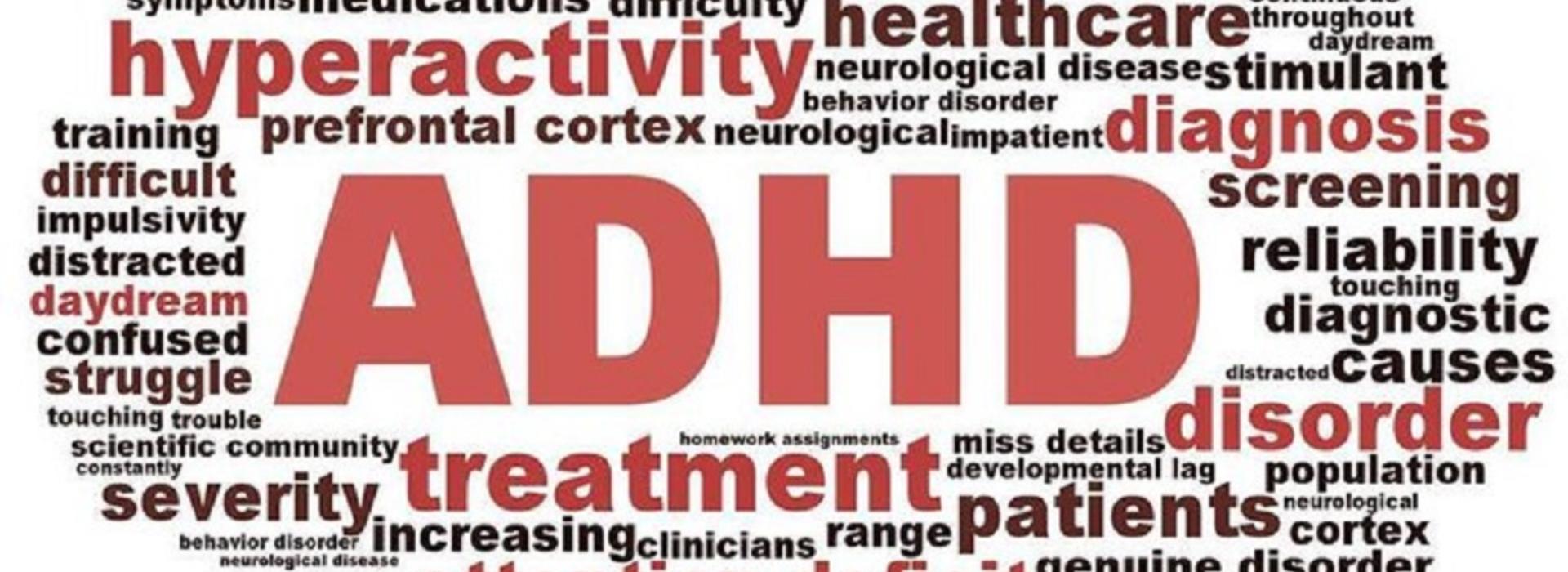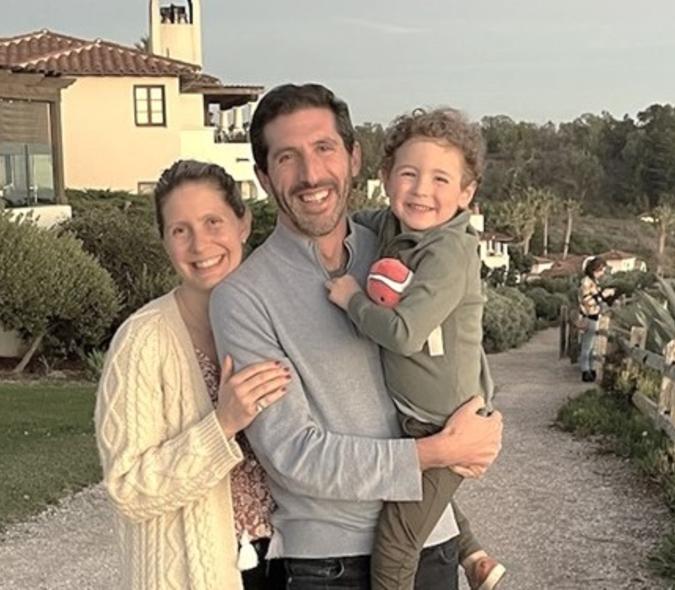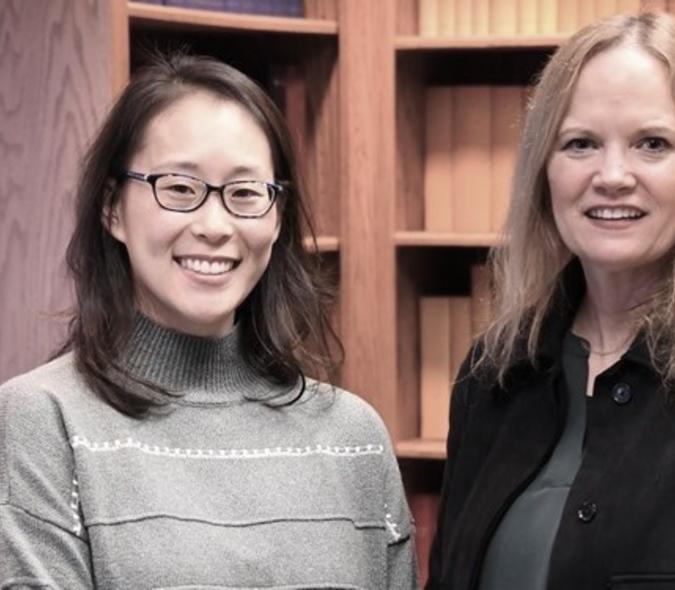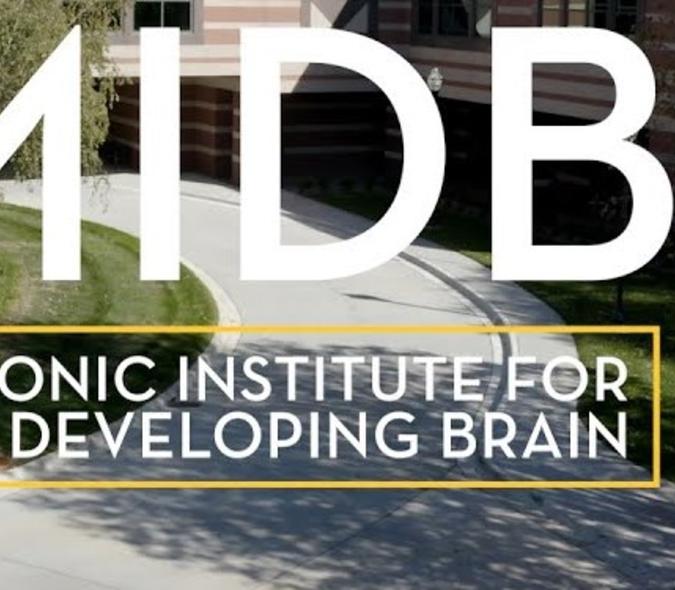
Using self-compassion and mindfulness to help manage – and understand – ADHD

ADHD (attention deficit hyperactivity disorder) is something that others often don't fully understand, something that gets in the way of effective communication or interaction, and something that can make others irritated. Negative judgments such as being lazy, unreliable, difficult, not smart, often come up, both as self-talk of those with ADHD and/or comments from others.
This is captured in the classic book about ADHD, You Mean I’m Not Lazy, Stupid or Crazy?!, by Kate Kelly and Peggy Ramundo. Understanding ADHD as a brain-based condition, as an example of neurodiversity, and bringing compassion (and self-compassion) is a key component of dealing with the condition.
Self-compassion is sometimes misunderstood as self-pity and something that makes you complacent; however, self-compassion has been shown to actually strengthen accountability. Mindfulness-based approaches are helpful in both understanding the self-judgements as well as bringing a more open, kind, and compassionate attitude to yourself. Paired with ADHD psychoeducation, compassion can help those with ADHD thrive.
Here are some helpful resources to build compassionate understanding of ADHD, which can translate into a supportive inner voice (what Dr. Zylowska describes as “mindful self-coaching”):
- Children and Adults with Attention-Deficit/Hyperactivity Disorder (CHADD), national organization for ADHD advocacy, psychoeducation, and connection to others with ADHD
- ADDitudes: Inside the ADHD Mind: a website with free webinars and resources about “everything ADHD”
- Self-compassion website by Dr. Kristin Neff
- Attention Deficit Disorder Association
- Mindfulness and Self-Compassion for Teen ADHD by Mark Bertin, MD, and Karen Bluth, PhD
- Mindfulness Prescription for Adult ADHD by Lidia Zylowska
- The Whole-Person Treatment Approach to ADHD webinar, Tuesday, October 5, 1 pm ET, presented by Lidia Zylowska.



